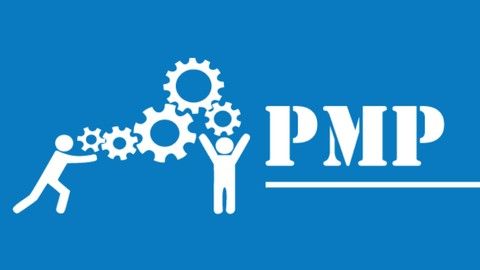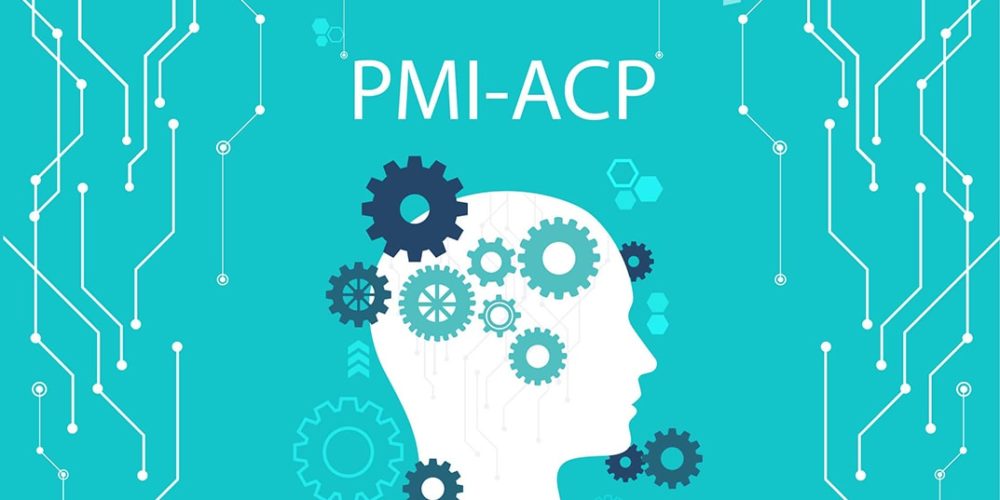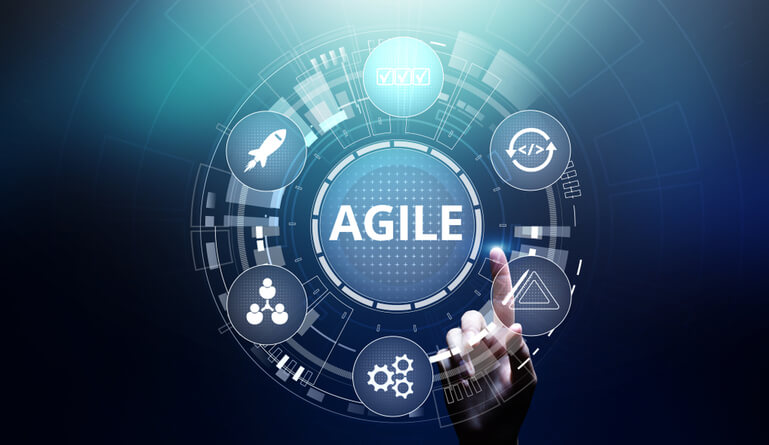- Project Management Professional (PMP) is an internationally recognized professional designation offered by the Project Management Institute (PMI). ... The exam is based on the PMI Project Management Body of Knowledge..
PMP
PMP certification is an industry recognized credential for project managers. PMP demonstrates the experience, education, skill and competency required to lead and direct projects.
500+ Students Enrolled
4.4  (325) Ratings
(325) Ratings
 (325) Ratings
(325) Ratings








